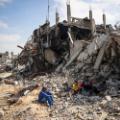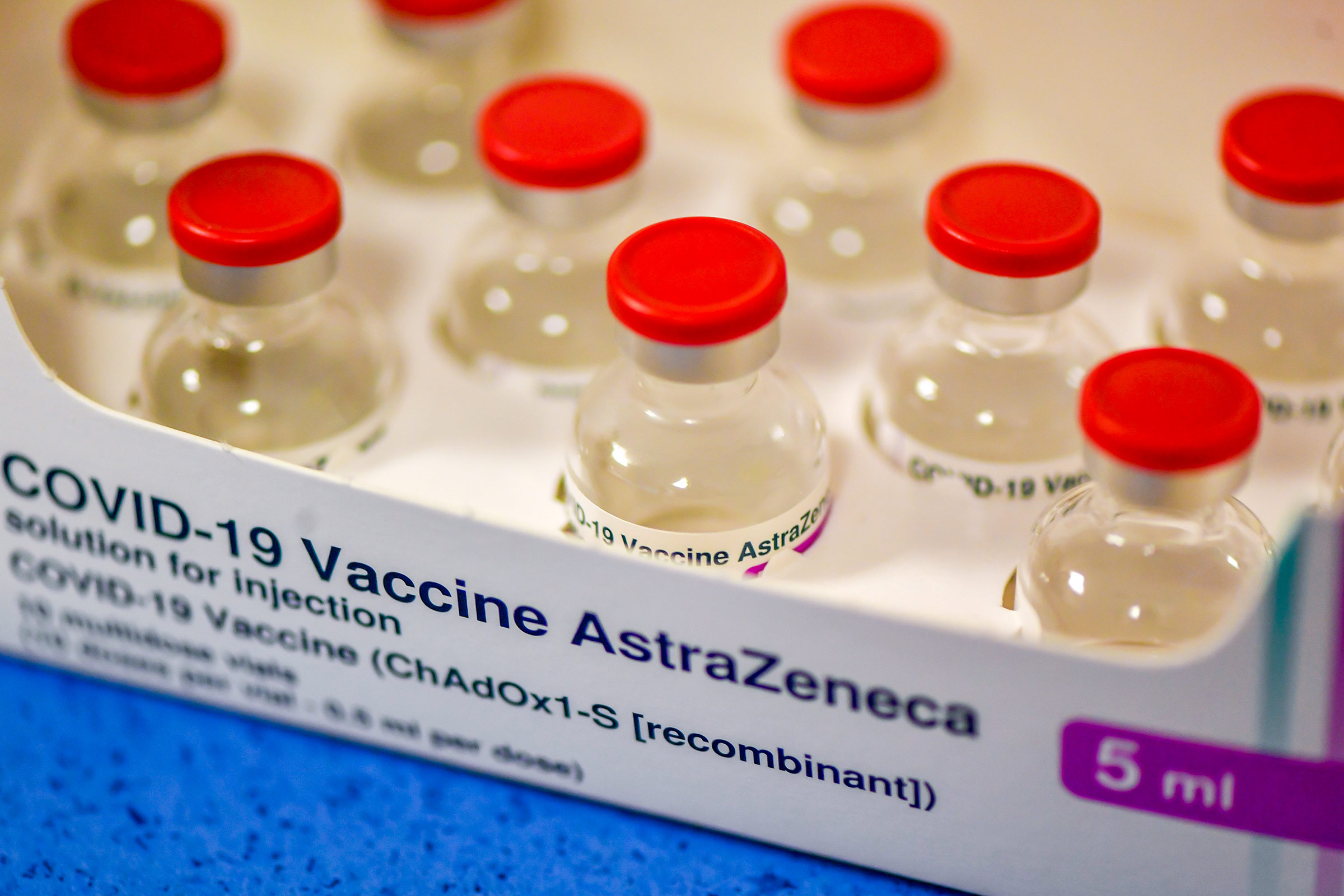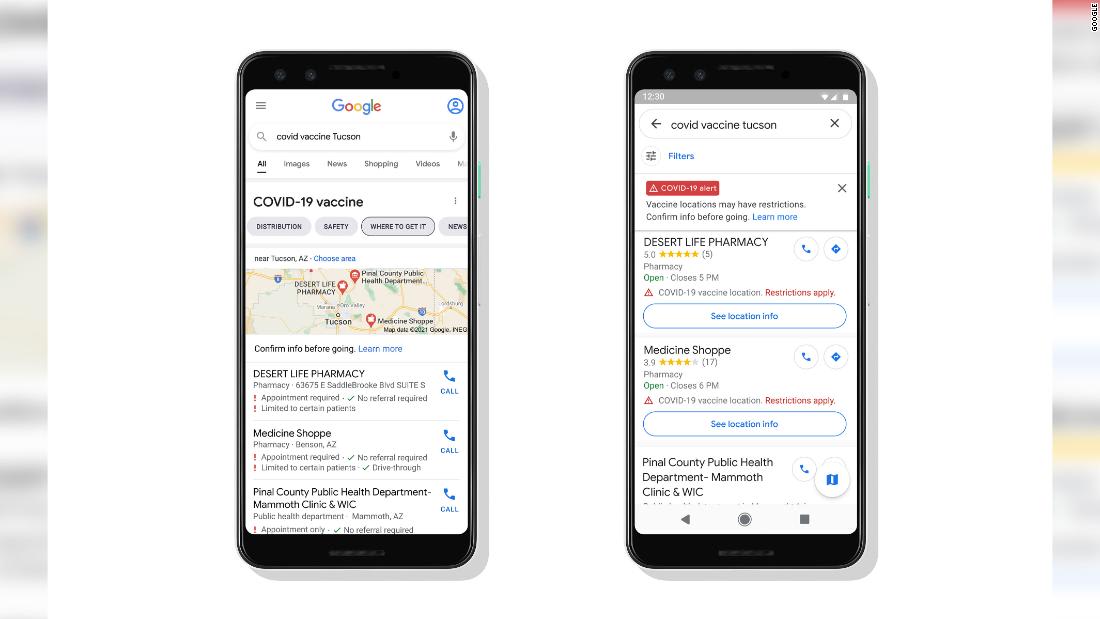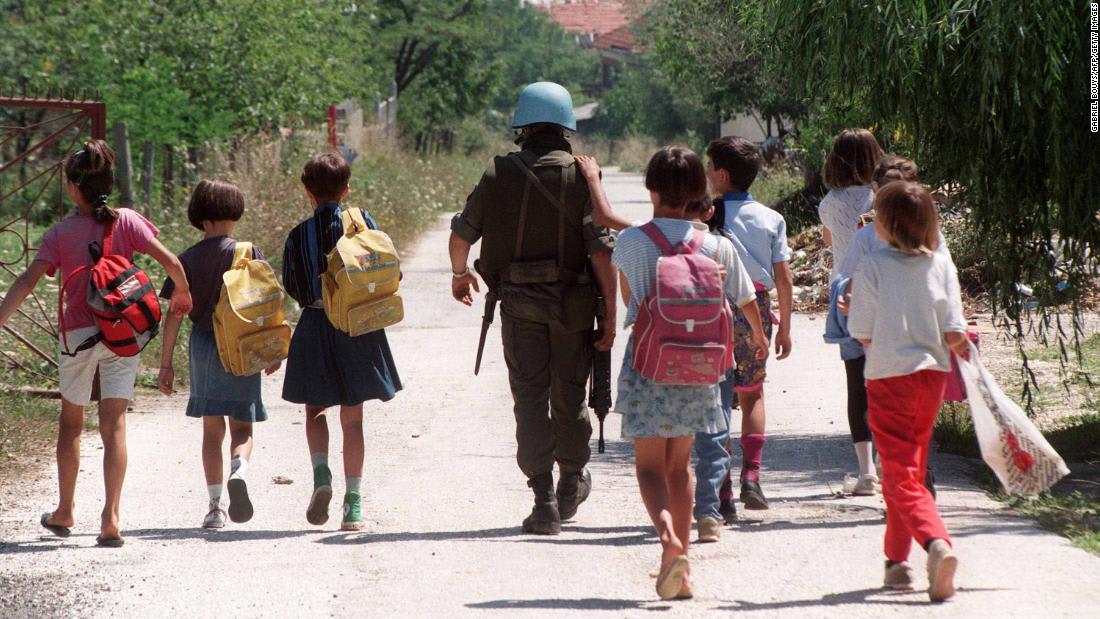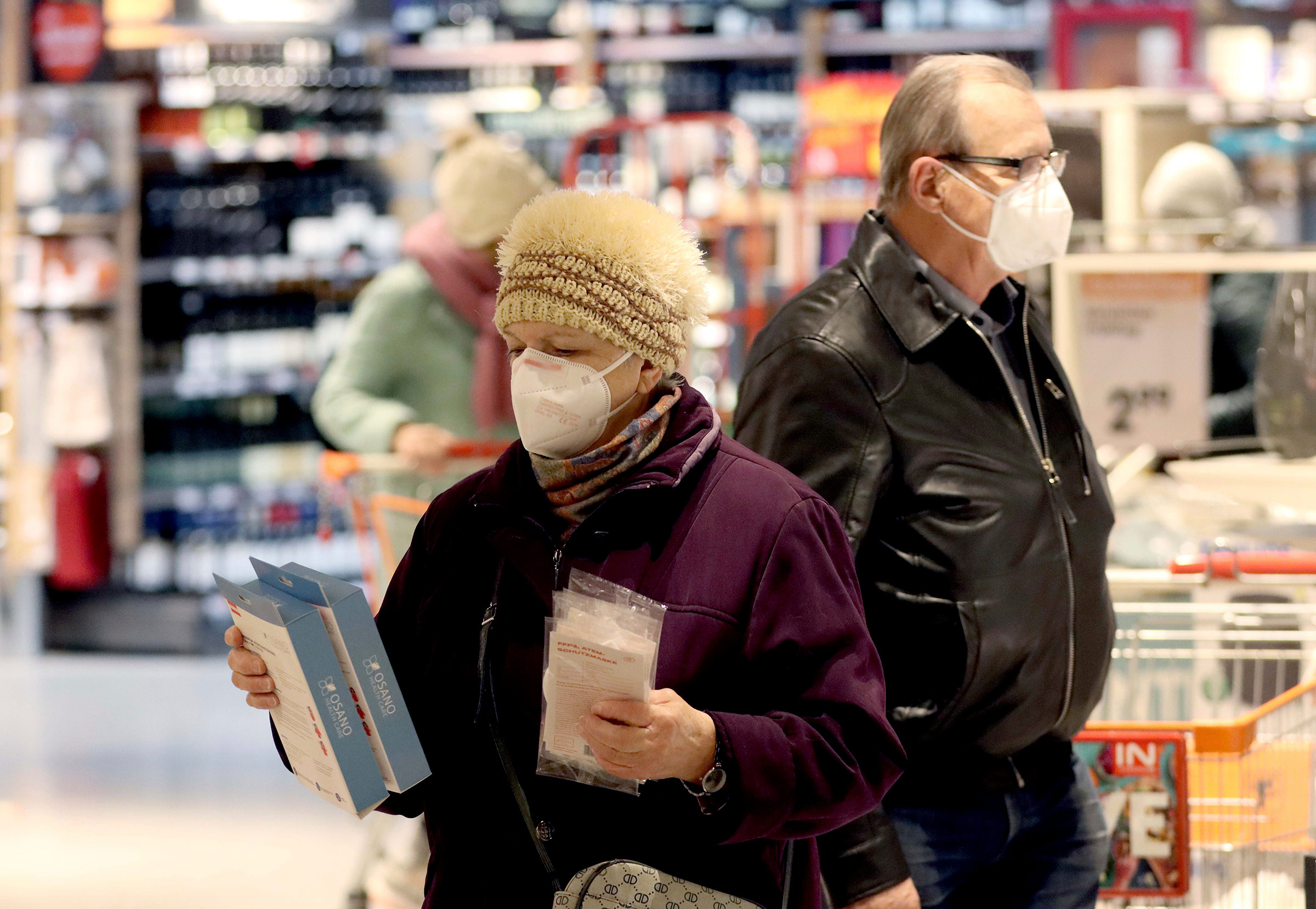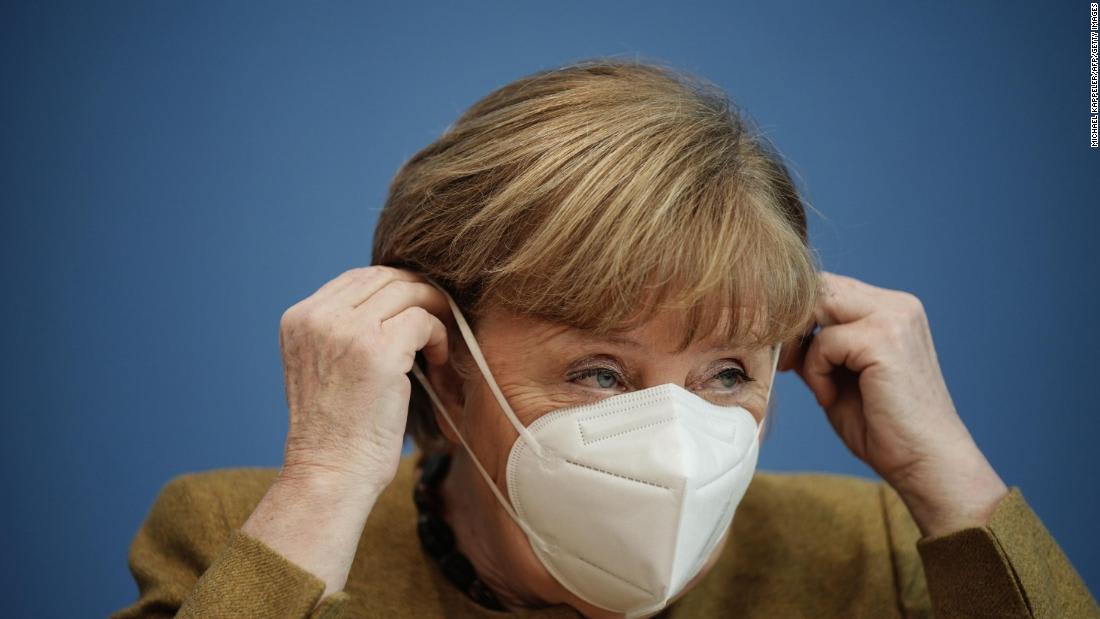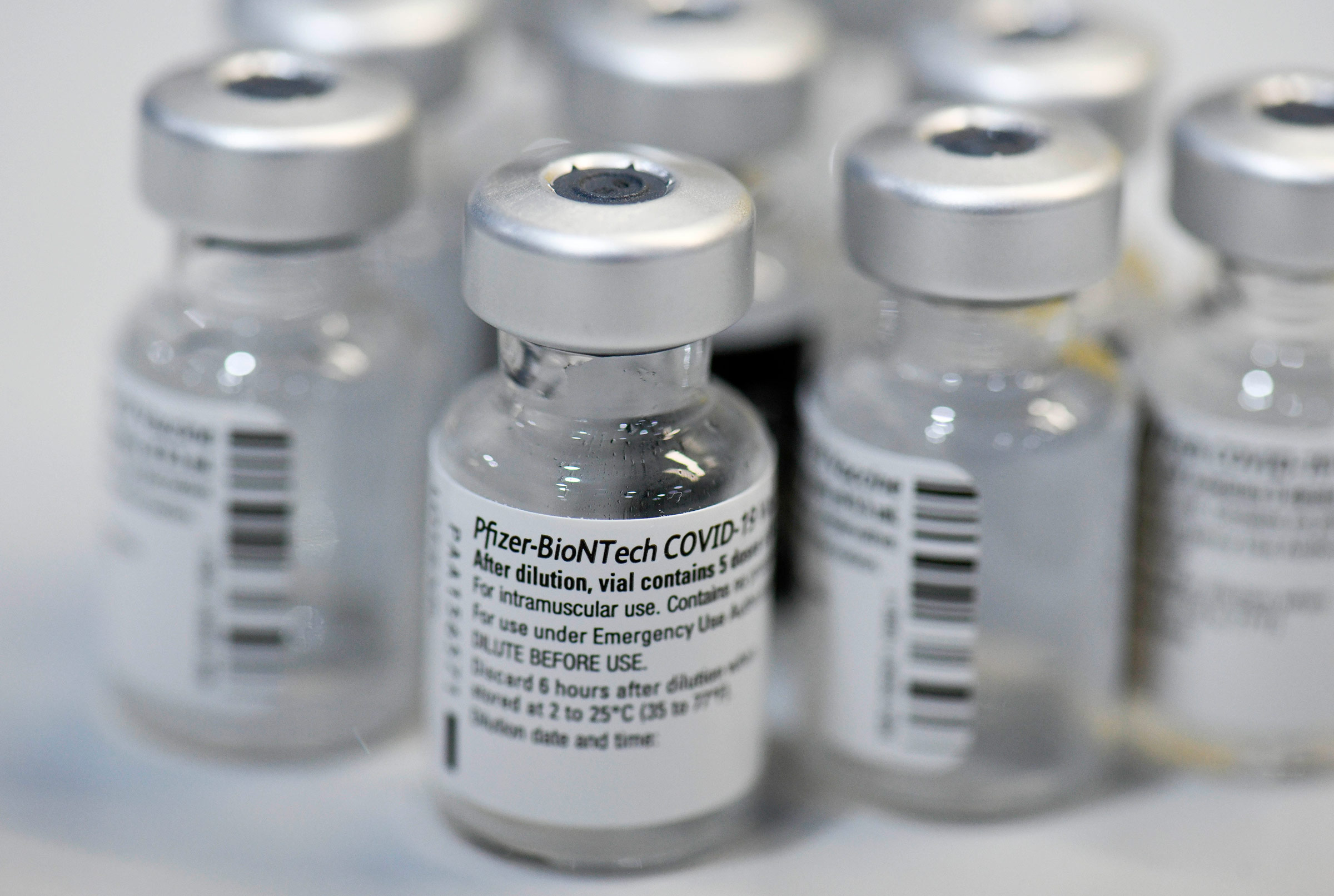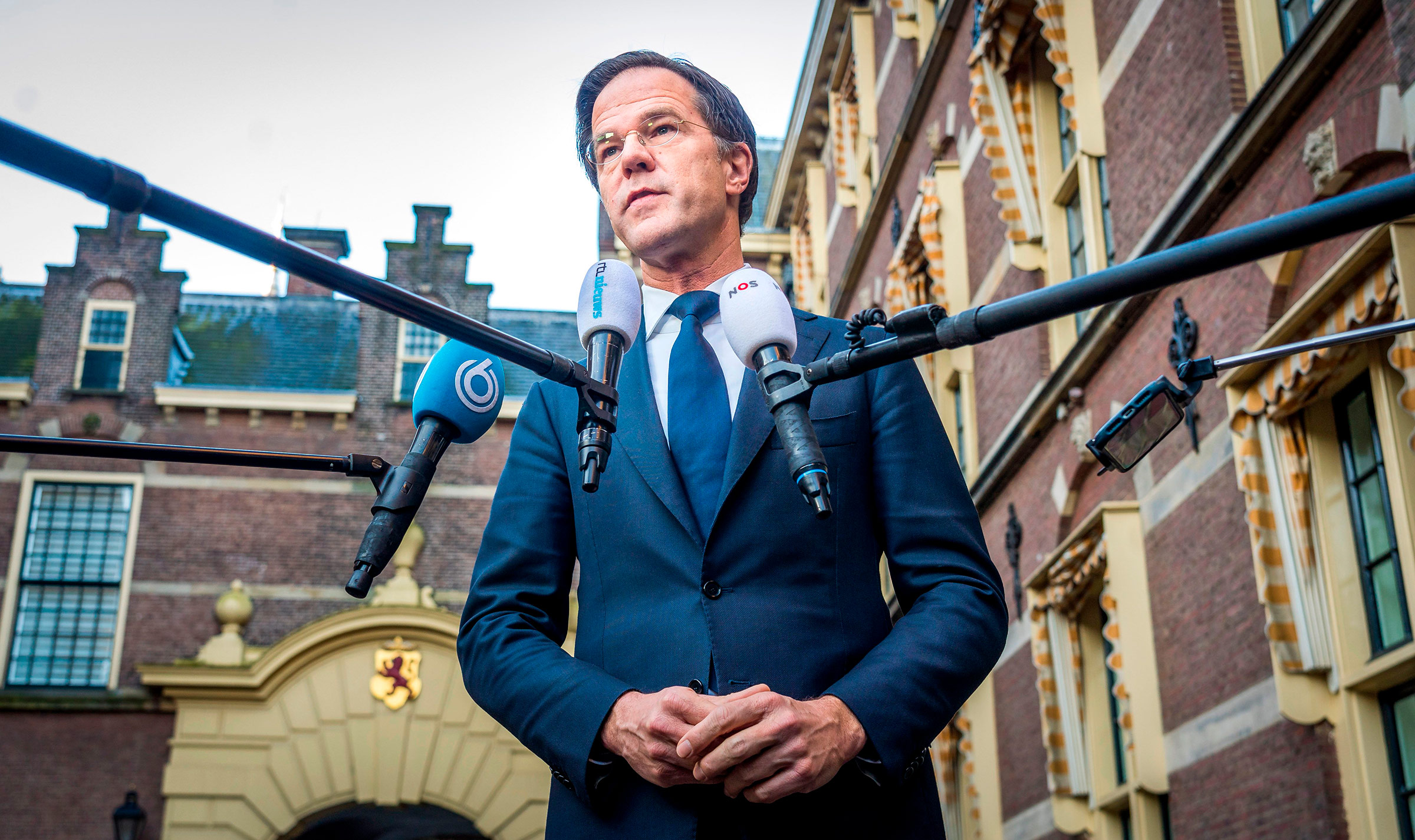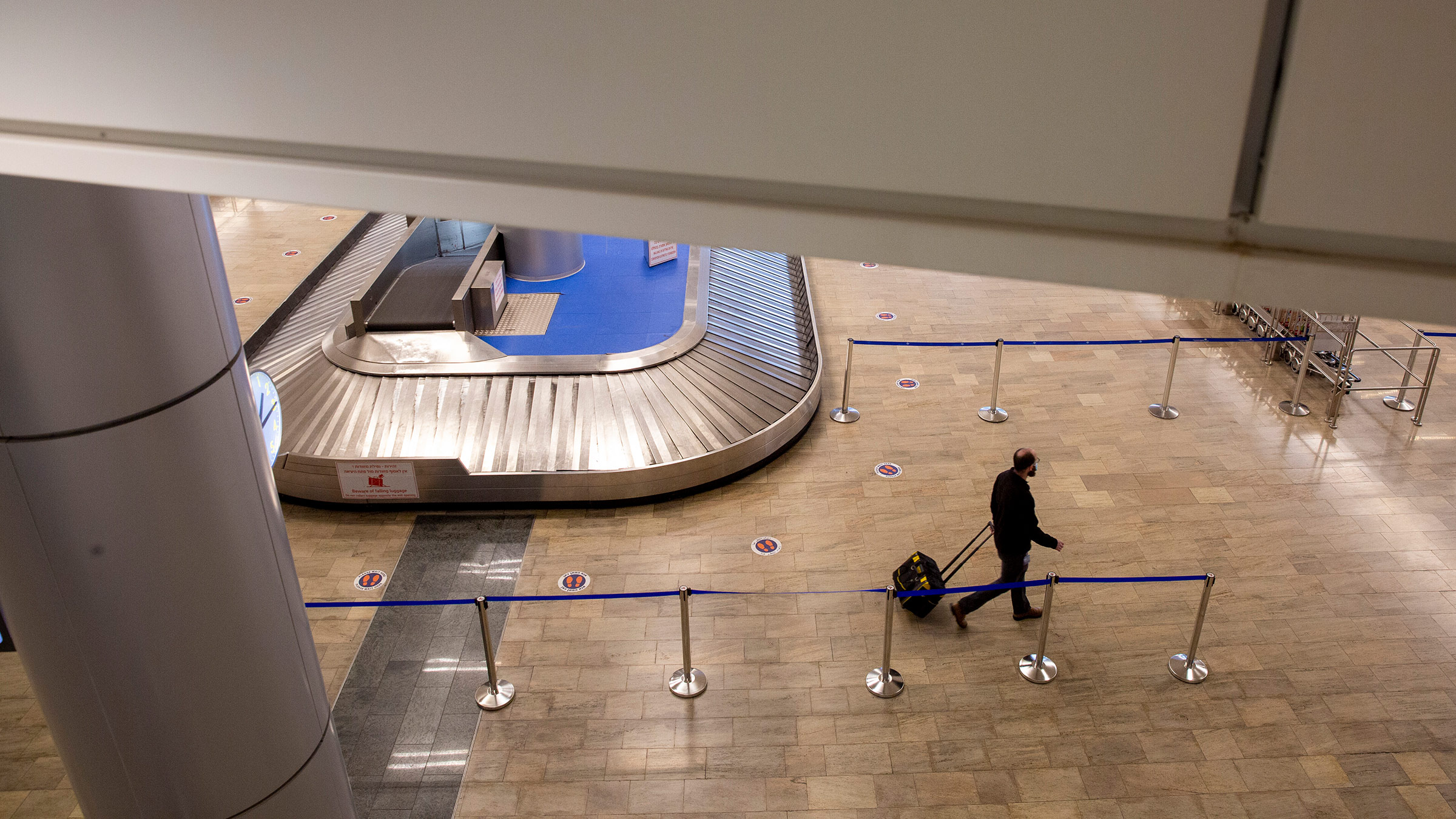British lawmakers are calling on the country's government to set out a “route map” for the reopening of schools, amid media reports that students might not return to in-person teaching until after the Easter holidays.
Chairman of the education select committee, Conservative MP Robert Halfon, tweeted Sunday that he had asked to table an urgent question on the matter in Parliament.
“Given media speculation on schools no longer opening post Feb half-term, I've written to Speaker Lindsay Hoyle to ask for House of Commons Urgent Question to get clarity,” Halfon added.
“We know the significant damage this is doing to children in terms of mental health, educational attainment, safeguarding hazards and their general wellbeing,” Halfon said in an interview with Sky News on Monday.
He said he’d like a plan for support staff and teachers to be given the vaccination as a priority after the clinically vulnerable. He added he was not a lockdown skeptic but worried hugely about the effects of school closures on children.
Work and Pensions Secretary Therese Coffey told BBC Breakfast she was “not aware of any decisions being made yet” over when schools would reopen.
Geoff Barton, general secretary of the Association of School and College Leaders, also called for a government plan on schools, including which children could be brought back first and when, in an interview with BBC News on Monday. He asked whether there could be a rota system in place and said the “sense of a plan would give a reassurance for parents.”
Writing in the Daily Mail newspaper on Monday, UK Education Secretary Gavin Williamson said: “The last thing any parent wanted was to see schools closing to most pupils -- as they had to at the start of this month.” On returning to classrooms, he said “as soon as Covid infection rates are back under control then we will get them back there as quickly as we can”.
It comes as other Conservative MPs, such as Esther McVey, are backing a campaign to reopen schools. McVey tweeted Sunday: "Schools need to reopen for the child’s best interest and for families too. If vaccinating teachers, after the most vulnerable in society, removes the barriers to reopening schools then we should do it. You can’t close schools and not have a workable alternative."
Schools in England have been closed to all students expect for children of key workers and vulnerable pupils since the start of a national lockdown on January 5.
Read more on what history can tell us about the long-term effects of disruptions to education:



